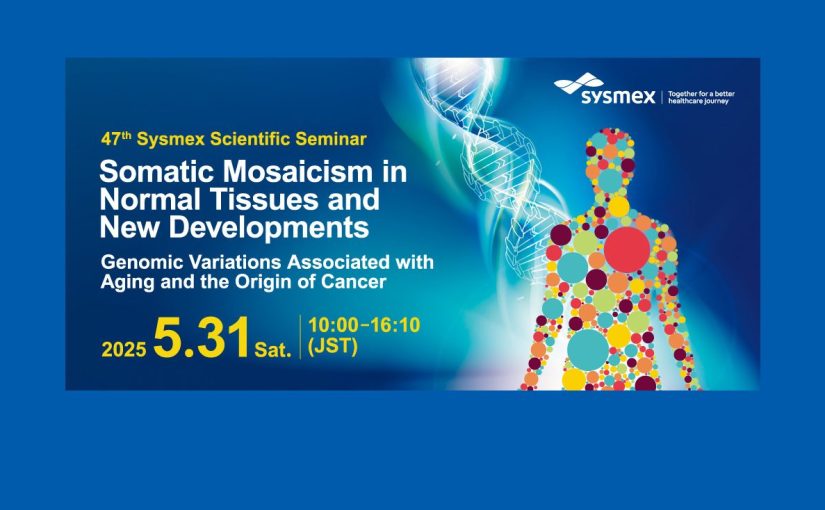Donor. Patient. Our Solutions. – 3rd Regional Transfusion Medicine Symposium
Abstract & Speakers
Topic: Impact of Iron Deficiency and Anaemia in Blood

Dr Chistina Lee, MD, MMED
University of Malaya Medical Centre, Malaysia
Iron deficiency (ID) and iron deficiency anaemia (IDA) among blood donors have a significant impact on the blood supply. Inadequate iron levels in donors can lead to decreased haemoglobin levels in donated blood, impacting both the blood supply chain and the donor’s health. A comprehensive understanding of this critical aspect of blood donation and explore ways to ensure the well-being of donors and the sustainability of the blood supply in Malaysia. In this session, we will explore the situation in Malaysia and delve into the implications of ID and IDA on donor, as well as the initiatives aimed at addressing these issues.
Topic: Donor management: Preventing Donor Loss and Deferrals Management Supply

Dr. dr. Teguh Triyono, Sp.PK(K), M.Kes
Dr. Sardjito Hospital, Faculty of Medicine, Gadjah Mada University, Indonesia
Donor deferral refers to the temporary or permanent exclusion of individuals from donating blood due to specific eligibility criteria or health concerns. These criteria are in place to ensure the safety of both the donor and the recipient of the donated blood. Donor deferrals play a crucial role in maintaining the quality and safety of the blood supply by preventing potential risks or complications. In this session, we will discuss on the characteristics of blood donors in Indonesia, and the measures taken by the blood bank to minimise deferrals and to optimise the availability of safe blood.
Topic: Patient Blood Management – a New Paradigm in Patient Care

Dr Rosalio Torres, MD
Founding President of Philippine College of Haematology and Transfusion Medicine (PCHTM) Section of Haematology, Makati Medical Center & Cardinal Santos Medical Center, San Juan, The Philippines
Patient blood management (PBM) is a comprehensive and multidisciplinary approach aimed at optimising the use of blood products in patient care. It involves strategies to minimise the need for transfusion, promote appropriate transfusion practices, and enhance patient outcomes. The first pillar of PBM describes the optimisation and management of anaemia in perioperative patients. This patient centered approach emphasises the importance of delivering optimal care while ensuring blood products are used judiciously patient safety, reduce the risks associated with transfusions, conserve valuable blood resources, and potentially decrease healthcare costs. In this session, the speaker will also share his insights and experiences in managing anaemia for effective patient care.
Topic: Leukoreduced Blood Components: Advantages and Strategies for New Methods for Blood Quality

Dr Gemma Aran Canals, PhD
Quality control specialist
Banc de Sang i Teixit
Barcelona, Spain
According to the main European blood guidelines, the 1% of blood components products have to be analysed to ensure the quality of the manufacturing process. The quality control (QC) work-flow of blood products in the Blood and Tissue Bank of Barcelona (BST) include different techniques in order to evaluate all required parameters in each blood component. As there are no gold standard techniques for all the parameters some techniques are very manual and analyst-dependent which could lead into variation in the sample manipulation or analysis. For all this reasons, in the BST we have validated the use of an innovative Blood Bank mode from a ubiquitous haematology analyser which allows the automatisation of the whole QC process. With the implementation of this new methodology we have significantly reduced the technical time, sample manipulation and the subjectivity in the analysis, as well as diminished the cost of blood components CQ.
Topic: Going Beyond Quality – Addressing Supply, Demand, and Utilisation of Blood: an India Perspective Quality Control

Dr Joy Mammen, MD
Professor & Head of Faculty
Department Immunohematology & Transfusion Medicine,
Christian Medical College & Hospital, Vellore, India
Blood transfusion is an important tool in the practice of modern medicine. Traditionally quality and safety are the most frequently used terms in the context of blood transfusion services. According to the last Global Database on Blood Safety (WHO 2021) it is estimated that 118.5 million blood donations were made in the 171 countries. Similarly, countries in the high-income group collected 40% of the global donations, though their populations only account for 16% of the global population, while LMIC counties together collected 24% while their population represents 40% of the global population. There is a link between availability of bio-medical healthcare and demand for collection of blood. Although it appears to be a fundamental issue, need, demand, supply, and utilisation of blood are poorly studied and discussed in medical literature. Review of literature shows that there are varying terms used interchangeably and often in erroneous contexts. We have studied this in India and estimated the annual to be 26.5 million units while demand was 14.6 million units. We will discuss why definitions are important, the possible methodologies to estimate these parameters and why they are important for patient care and where focus should be directed to, especially in countries where resources are constrained.
Topic: Blood Bank Information System – a Crucial Cog in Transfusion & Haemovigilance in Thailand

Dr Pimpun Kipoka, MD
Director of Blood Bank,
Faculty of Medicine, Ramathibodi Hospital, Mahidol University,
Bangkok, Thailand
Blood banking is the process that takes place in the laboratory to make sure that donated blood, or blood products, are safe before they are used in blood transfusions and other medical procedures. Electronically linked information management system that allows online ordering and real-time delivery for blood transfusion, and have demonstrated benefit from improved blood product traceability and haemovigilance. In this talk, we will share our experience at Ramathibodi Hospital on the use of information network module for end-to-end inventory management for transfusion requests, and management of records to the fate of every blood component dispensed.

![[VOD AVAILABLE] Optimising Lupus Anticoagulant Testing: From Algorithms to Guidelines](https://www.sysmex-ap.com/wp-content/uploads/2025/05/Red_Blood_Cells_and_Platelets-scaled-e1749118671948-825x510.jpg)

![[VOD AVAILABLE] MINDS TOGETHER – Sysmex Knowledge Congregation Webinar on Anaemia & Haematuria Early Diagnosis Using Automation](https://www.sysmex-ap.com/wp-content/uploads/2022/08/3d_illustration_of_red_blood_cells_1-825x510.jpg)
![[VOD AVAILABLE] 9th International Sysmex Scientific Seminar](https://www.sysmex-ap.com/wp-content/uploads/2024/09/ISSS-2024-background-825x510.jpg)